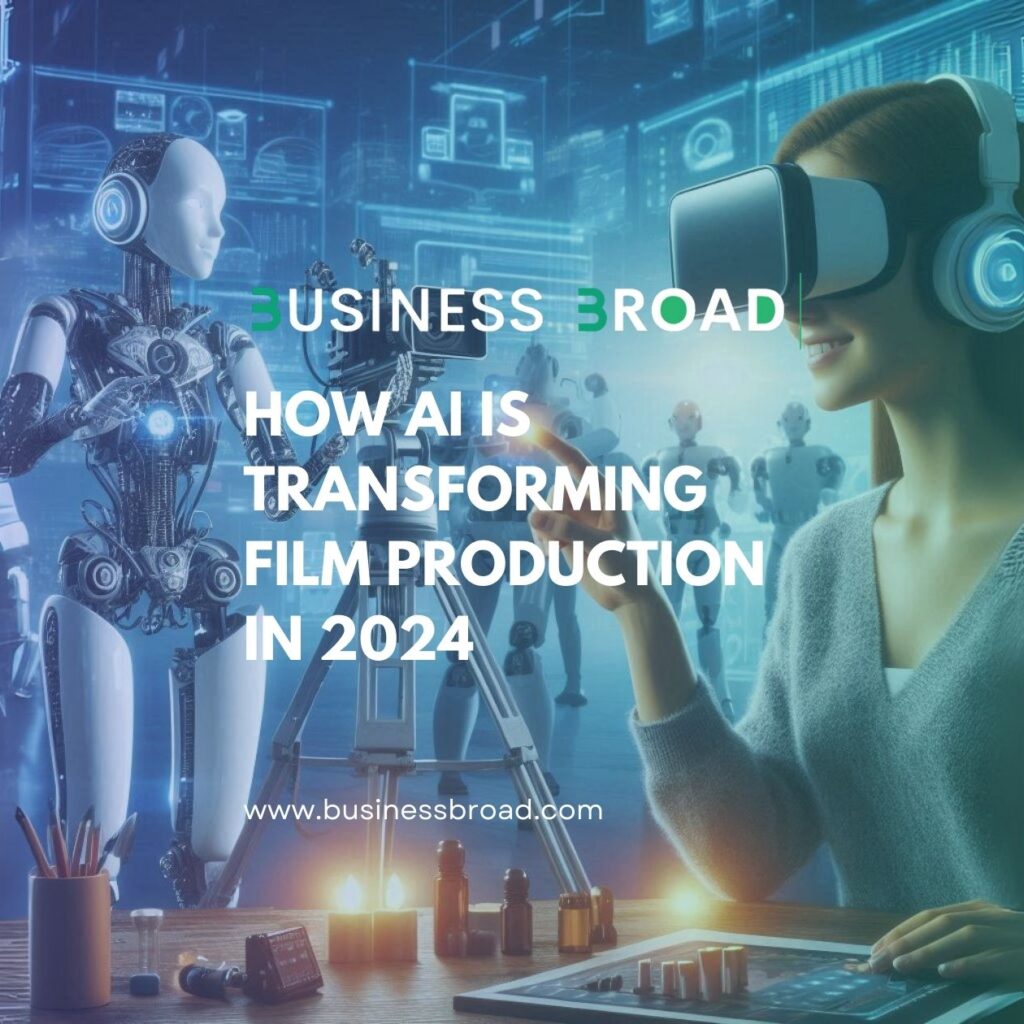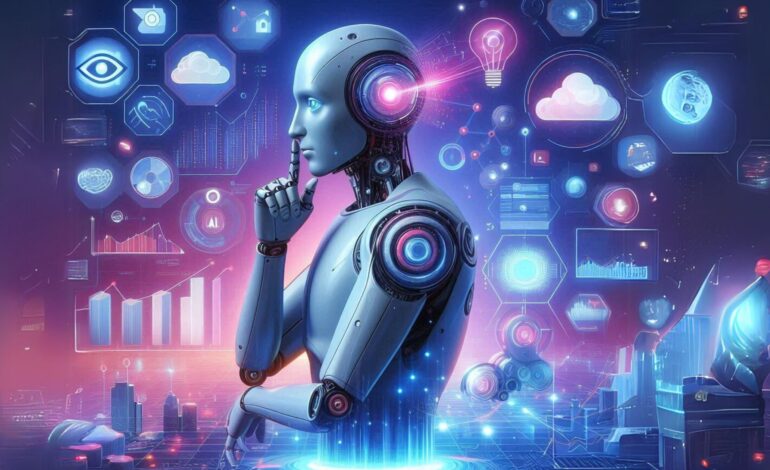In the age of technological advancements, artificial intelligence (AI) is poised to revolutionize the landscape of Hollywood and the film industry. From reshaping creative processes to altering traditional business models, AI presents both significant opportunities and daunting challenges. Let’s dive deep into this budding technological narrative and explore the role of AI in film production, its diverse applications, and the intriguing possibilities bound up in its future.

The Current State of AI in Filmmaking
AI has already made its mark across various aspects of filmmaking:
- Script Coverage and Talent Scouting: AI algorithms can analyze scripts, predict their success, and identify potential talent for casting. This streamlines the pre-production process and ensures better decision-making.
- Visual Effects (VFX): AI-driven VFX tools enhance realism, reduce costs, and speed up production. Deep learning algorithms can create stunning visual effects that were previously time-consuming and expensive.
- Editing and Post-Production: AI assists editors by automating repetitive tasks, suggesting cuts, and even predicting audience preferences. This accelerates post-production workflows.
Anticipated Progress by 2024
As we look ahead to 2024, several trends are likely to shape AI’s impact on film production:
- More with Less: AI will enable film teams to achieve more with fewer resources. Whether it’s optimizing shooting schedules or automating administrative tasks, efficiency gains will be significant.
- Deepfake Technology: While controversial, deepfakes will continue to push the boundaries of filmmaking. Imagine actors seamlessly transformed into historical figures or fictional characters using AI-generated visuals.
- Personalized Storytelling: AI algorithms will analyze audience preferences and create personalized narratives. Imagine films tailored to individual viewers’ tastes—a new level of engagement.
Benefits and Challenges
Benefits:
- Cost Efficiency: AI streamlines processes, reduces costs, and enhances productivity.
- Creativity Enhancement: By automating repetitive tasks, filmmakers can focus more on creative aspects.
- Improved Visual Effects: Realistic VFX created by AI enhance storytelling.
Challenges:
- Ethical Concerns: Deepfakes raise ethical questions about consent and authenticity.
- Job Displacement: As automation increases, some roles may become obsolete.
- Data Privacy: Handling large datasets for training AI models requires robust privacy measures.
Expert Opinions
Industry experts believe that embracing AI is essential for staying competitive in the evolving landscape of film production. By leveraging AI tools intelligently, filmmakers can unlock new possibilities while addressing potential risks.
The impact of AI on the future development of film production is undoubtedly significant, presenting both positive and negative outcomes. AI streamlines various aspects of the filmmaking process, empowering filmmakers with efficient tools, enhancing visual effects, and optimizing distribution strategies. As we venture into 2024, the film industry continues to be at the forefront of adopting artificial intelligence (AI), leveraging its capabilities to transform traditional filmmaking processes. From script development to post-production, AI is redefining creativity and efficiency in film production. As filmmakers embrace this game-changing revolution, they must balance technological advancements with ethical considerations to ensure a harmonious blend of artistry and innovation.





1 Comment
[…] How AI Is Transforming Film Production in 2024 […]